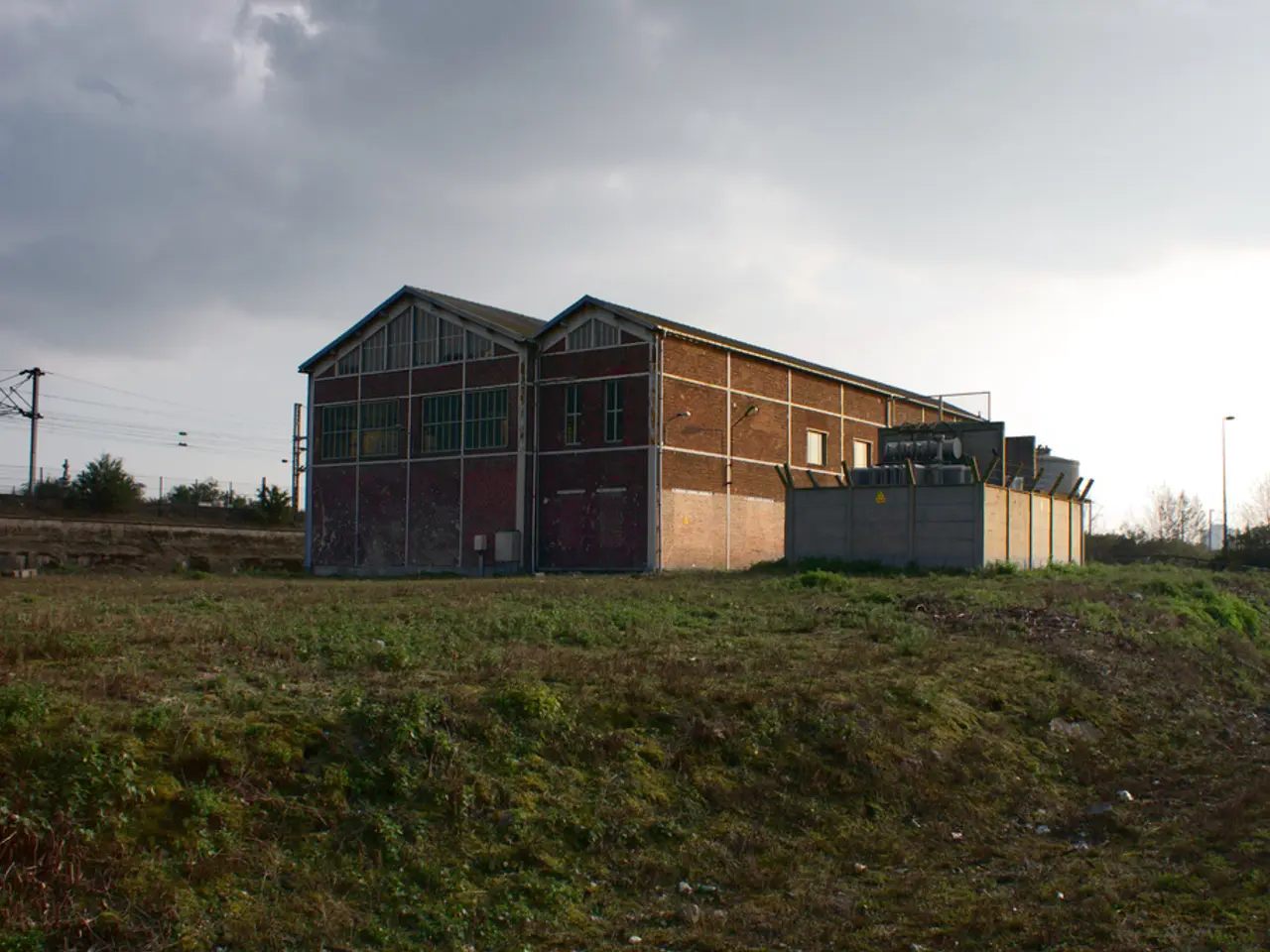Amidst the cold wave, the UK National Grid calls for additional power production – potential implications for consumers
In the heart of winter, the UK is experiencing a surge in electricity demand due to increased heating needs, lighting, and other household energy requirements. This trend is not unusual during cold weather, putting pressure on the grid and straining the energy supply.
Despite the current situation, the average consumer is unlikely to face any immediate inconvenience. The National Grid ESO, which manages the UK's energy supply, has been handling such situations for years, often issuing notices during high demand or when issues arise with renewable generation.
Recently, the National Grid issued an 'Electricity Margin Notice', calling on power plants to make more power available to meet the shortfall. While this may seem concerning, it does not indicate an immediate risk of power shortages or blackouts. The electricity system margin, or reserve power available to ensure stability, is forecast to be lower than usual, but the UK remains on track to ensure a secure energy supply.
The UK's energy system is undergoing significant changes as the government pushes toward its net-zero carbon goals. To ensure the grid can handle these changes while reducing carbon emissions, the government and key institutions are taking measures to expand battery storage capacity, increase renewable energy sources, and ensure a steady supply of gas and other fossil fuels as backup during peak periods.
As of now, nearly 2.1 million batteries have been installed, providing over 23 GWh of usable capacity. Plans are in place to add around 4.7 GWh more by 2028, mainly from large storage systems. These measures are crucial in buffering renewable energy fluctuations and ensuring electricity security in winter.
The cold weather also puts a strain on the grid due to the reduction in output from renewable energy sources such as wind, which typically generate less during calm, cold days. This event serves as a timely reminder of the UK's reliance on stable, accessible electricity and the continued challenge of managing energy demand and supply in a changing climate.
The National Grid ESO has asked power plants to ramp up electricity generation on January 8, 2025, in response to a significant drop in temperatures and higher-than-usual electricity demand. This increased demand puts pressure on the grid, but power plants are on standby to provide additional electricity, and the National Grid ESO is working behind the scenes to keep the lights on across the nation.
In conclusion, while the UK is experiencing increased electricity demand due to cold weather, the government and the National Grid ESO are taking proactive measures to ensure a secure energy supply. These notices from the National Grid are vital for ensuring the grid can handle fluctuations in demand and prevent any potential imbalances, making them an essential part of maintaining a reliable energy system in a changing climate.
Read also:
- Antitussives: List of Examples, Functions, Adverse Reactions, and Additional Details
- Asthma Diagnosis: Exploring FeNO Tests and Related Treatments
- A leading CDC officer steps down, ending their tenure with a bold stand as expressed in their resignation correspondence.
- Transforming collapsing bee colonies into flourishing apiaries by a woman








